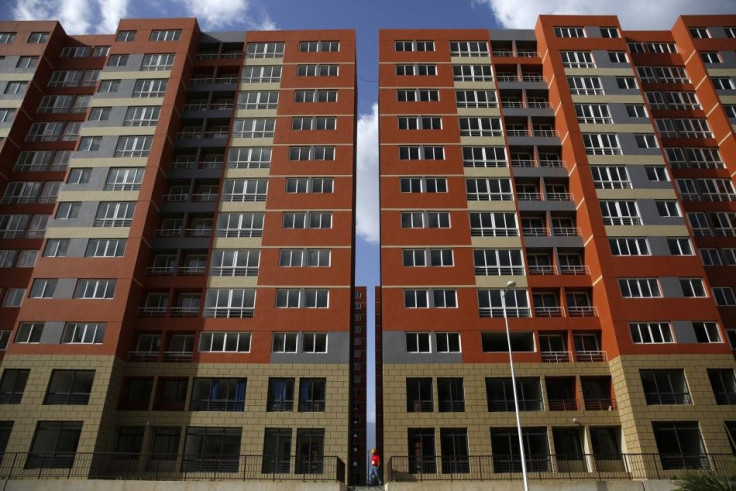New Zealand Minister Blames Local Councils For Creating Housing Crisis

The housing sector in New Zealand is set to see a slew of reforms. Finance Minister Bill English, who is in charge of New Zealand housing, has criticised local government councils for their faulty planning and rigid rules for driving inequality and in escalating house prices.
The John Key Government in its new term has made housing reforms a centrepiece of its post-election positioning. Under the new housing policy, the Government wants to curb the state housing agency and involve non-Government agencies to provide 20 per cent of social housing, reported Stuff.Co.Nz
Reforms Galore
Mr. English told New Zealand Radio that these "groups can form a consortia and get involved with construction companies and financiers to raise the scale with hundreds of additional houses." The Finance Minister confirmed the plan of the government to sell state houses to private as well as community groups.
Mr. English reiterated that the government is committed to press ahead with housing reforms to make houses more affordable, mainly for the low income groups. According to the minister, the adversarial impact of rising housing costs is hitting the lowest-income households. Inequality in New Zealand could have been mitigated if the housing costs were controlled. So the planning processes must take the share of blame in having driven income inequality and poverty in New Zealand.
Role of Housing New Zealand
The Housing New Zealand's $15 billion state house portfolio played a key part in boosting the value of the Crown's assets last year from the rising land values. But that also reflected the distortions of the planning process on the Auckland property market, the Housing minister observed.
Mr. English wanted councils to seize the urgency, as their decisions are making things difficult for low-income households, particularly in Auckland where lower-value housing stock has stopped developing. The Government wanted land values to prevail in such a way that developers could build houses worth 600,000 to 700,000 and still make a profit.
Meanwhile, Labour's housing spokesman, Phil Twyford, said what the Government proposing was not workable. The Treasury outlook has already revealed an impending Budget deficit of $2.9 billion for the year. A fall in tax revenue, higher treaty settlement costs and a rise in earthquake-rebuild expenses are also in the pipeline as fresh burdens.





















